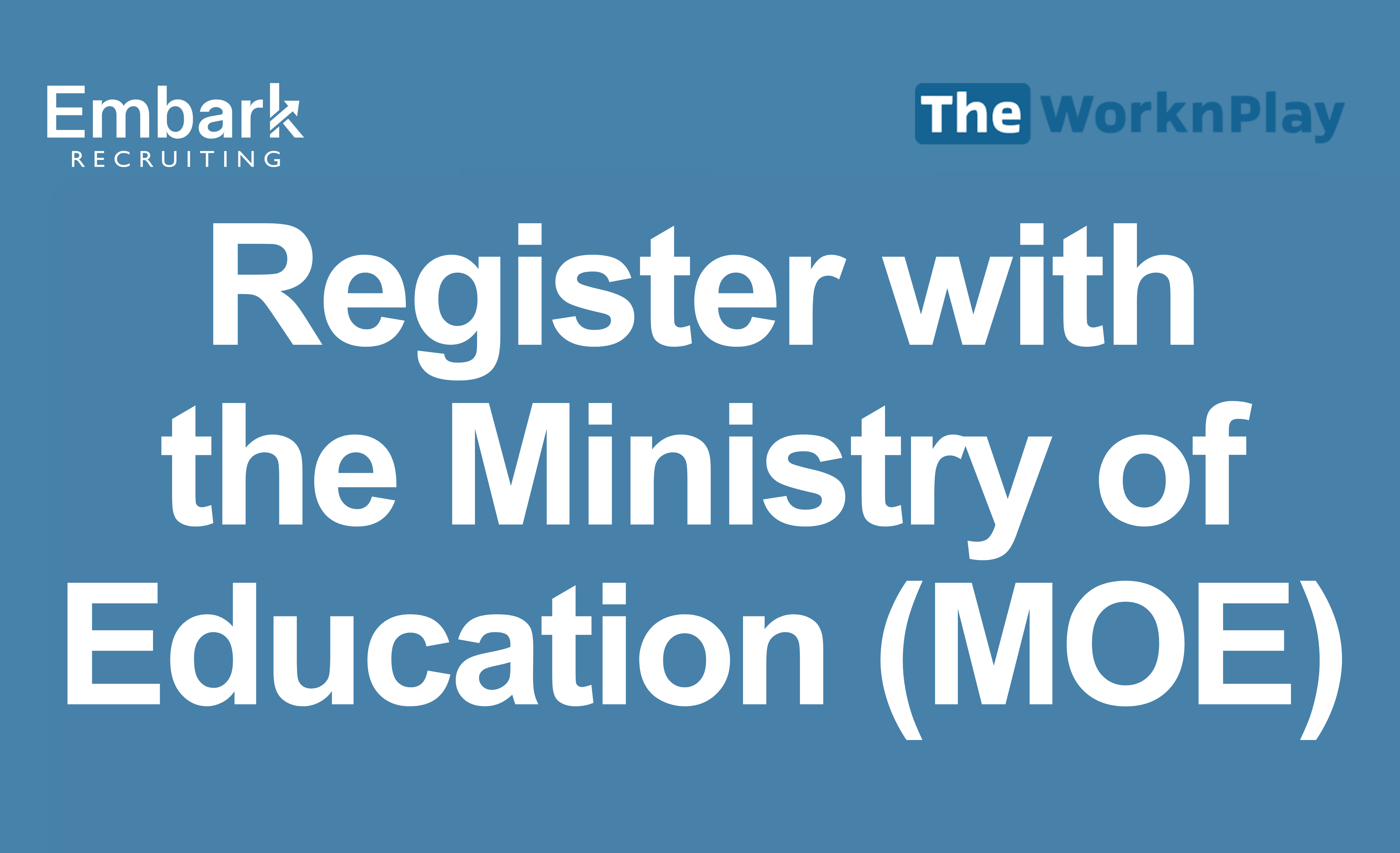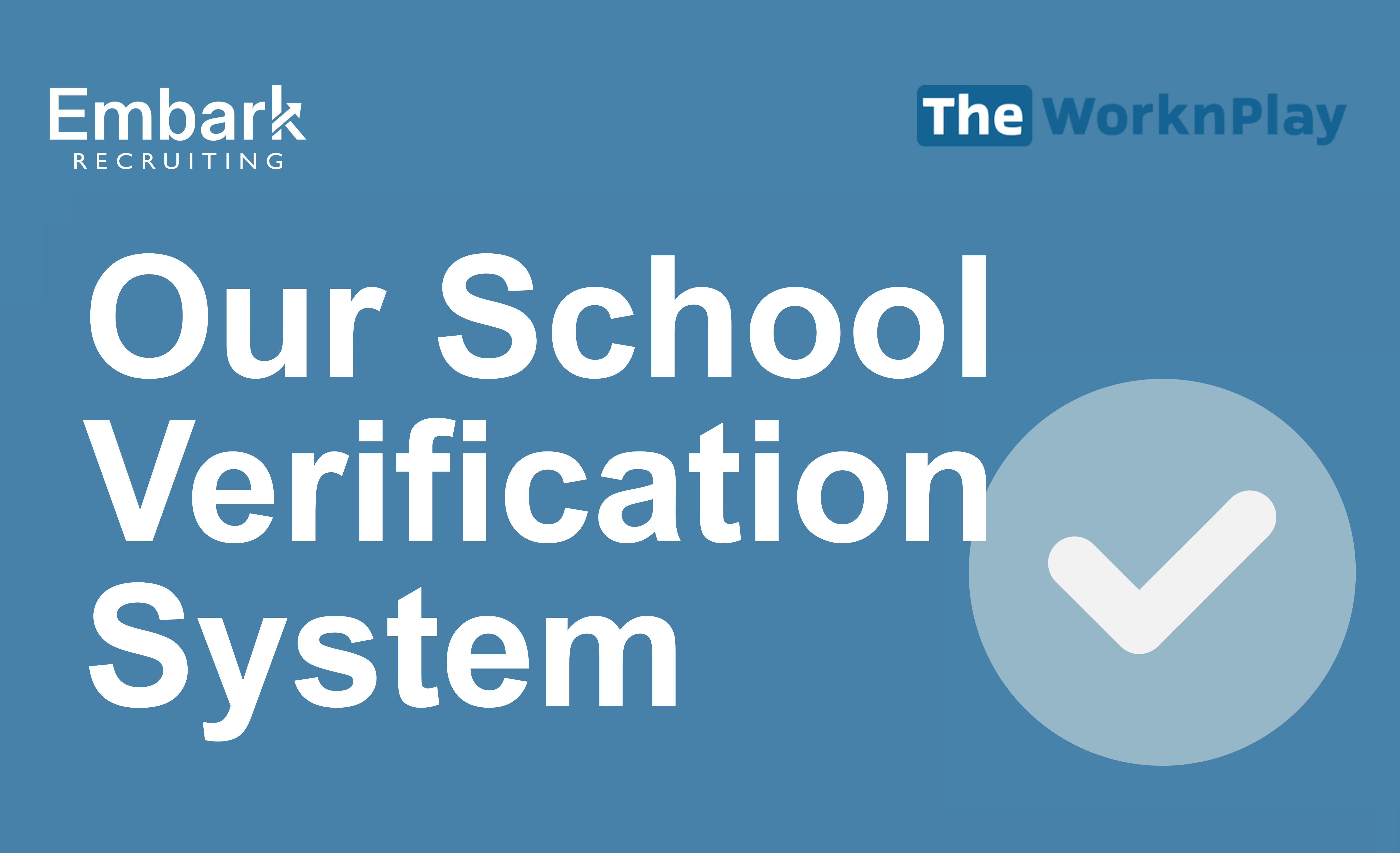
Teaching in Korea (1/4)
Prepare for Teacher Interviews in Korea
Interview Techniques Online interviews can be incredibly hard, especially when the school has been interviewing people for weeks and you are both in different time zones. We have prepared a document to make sure you are fully prepared for your interviews and have included advice on how you can structure your answers. The schools are looking at your personality and social skills, so please stay engaged and bright throughout the interview. Please go over the following information before you interview with the schools. BEFORE THE INTERVIEW Prep well, and if you're conducting an online interview, check in advance if you have downloaded the correct software, have the correct link, and have no issues logging in. Furthermore, research the school, their curriculum (whether they follow the Korean, American, or British education system, for example), and their location. Please arrive 5 minutes before the agreed-upon start time and ensure you are located in a quiet area with a stable Wi-Fi connection. Please wear a shirt or clean blouse and if you have longer hair, please tie it so it is not covering your face. DURING THE INTERVIEW During your interview, your goal is to showcase your skills and personality. The latter is especially important for new teachers, and schools will look closely at your potential, enthusiasm, and how you’ll fit into their community. Show that you’re fully engaged throughout the conversation. Stay focused and present, and when a question is asked, take a brief pause before answering to gather your thoughts and show composure. For online interviews, make sure that you look into the camera and actively show your engagement through nodding and exclamations of agreement or acknowledgment throughout the interview. When answering questions, try to stick to the PER method (point, evidence, result). An equivalent is the STAR method (situation, task, action, and result). As many of the interviewers have English as their second or third language, keeping your answers clear and concise is key. 1. Skills: have at least three skills and an experience for each relevant to the position. Point- What skill did you develop, and why? What skill(s) do you possess to be a successful teacher? Evidence- Provide a situation in which you learned how to use this skill. Result- How did this positively impact your students/colleagues, your working style, and your bosses? Example: P: I have worked on my communication skills, especially with children of varying ages. E: When I first started teaching, I did not change how I spoke to kindergarten and elementary students compared with middle school students. What I learned was that kindergarten students have to be spoken to in short sentences and given one task at a time. On the other hand, middle school students can take in lots of information at one time and prefer to be given all the information first before they start working on questions. R: The result of this was that my relationships with the students across different ages improved significantly, and I was able to adapt my teaching style to fit their needs better. For this reason, I believe I have the flexibility to adapt to the different student ages at your school. Example: P: I think that my skills in communication and collaboration would make me a successful teacher at your school. E: During university, when completing projects with my peers, I would actively listen to what others had to say and consider their opinions against the overall group interests. R: Through this, I cultivated meaningful communication with my peers while honing my ability to listen with intention, which will be invaluable when tailoring my approach to meet the diverse needs of my students. 2. Personality: What quality makes you stand out from the rest? Do you have an unusual experience that has positively affected how you see your work? Point - What is one trait about you that makes you an exceptional teacher? Evidence - Provide a situation in which you demonstrated this personality trait. Result - How can it apply to the current position you're applying for? Example: P: I am empathetic and love being an active member of a team or community. E: When I completed my university degree, I volunteered regularly at a local foodbank. The reason why I did this was because I wanted to give back to my local community, but also better understand the people around me. R: This has made me more grateful for my own living situation, but also more understanding about the needs and situations of others. I hope to bring a similar commitment and dedication when I join your school community. IMPORTANT: Sensitive Topics in Interviews When interviewing a teacher, schools like to focus on education, the classroom, a teacher's teaching philosophies, and experiences. Unless they specifically bring up the following topics themselves, schools tend not to prefer discussing the following subjects directly, as they can be discussed later once you two figure out if you are a good match together. Also, as your recruiter, we can help discuss these sensitive topics in a nuanced way that can help prevent any cultural miscommunications: Salary negotiations If the school is on the blacklist When answering why you want to work at their school, while the following things may be true influences on you, it would probably be best not to list the following reasons as your main reason for choosing their school: "My friends live in Seoul' 'I want more money' 'I want more holiday' 'I really don't like the management at my current place' 'I don't know, I like K-pop' Directors care a lot about their schools and show preference to teachers who also care about their school. With this being said, we don't want you to be worried about asking all the questions. The following things are common questions that teachers ask and should have no issue with answering: 'How far is the school from the housing?' 'Are there any classroom observations, such as open class, and how can I prep for them in advance?' 'How does the school train and support the teacher when they are settling in?' 'How does your flight reimbursement policy work?' 'What qualities or attributes do I need to be a successful teacher at your school?' 'How frequent are student evaluations and what form do they take? (e.g., written evaluations, meetings with parents) For the directors, where teaching and their academies are their pride and joy, we want to help you be successful in navigating the subtle nuances of the interview so that you can receive an offer. Any questions that are not answered in the interview can also be asked through our recruiters at a later date if both you and the school want to move forward together. AFTER THE INTERVIEW Reflect on what went well and provide feedback on the school to your recruiter. What positives and negatives can you take away from the interview/school? How well did you do based on your preparation for the interview? If you have any further questions or need clarification about the school or position, please ask your recruiter. Send Us Your Resume










